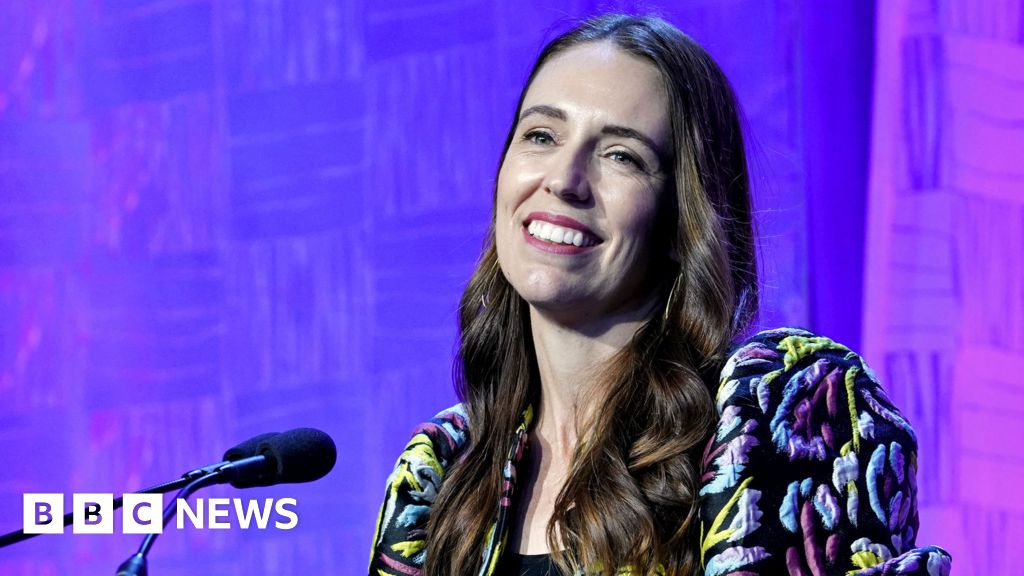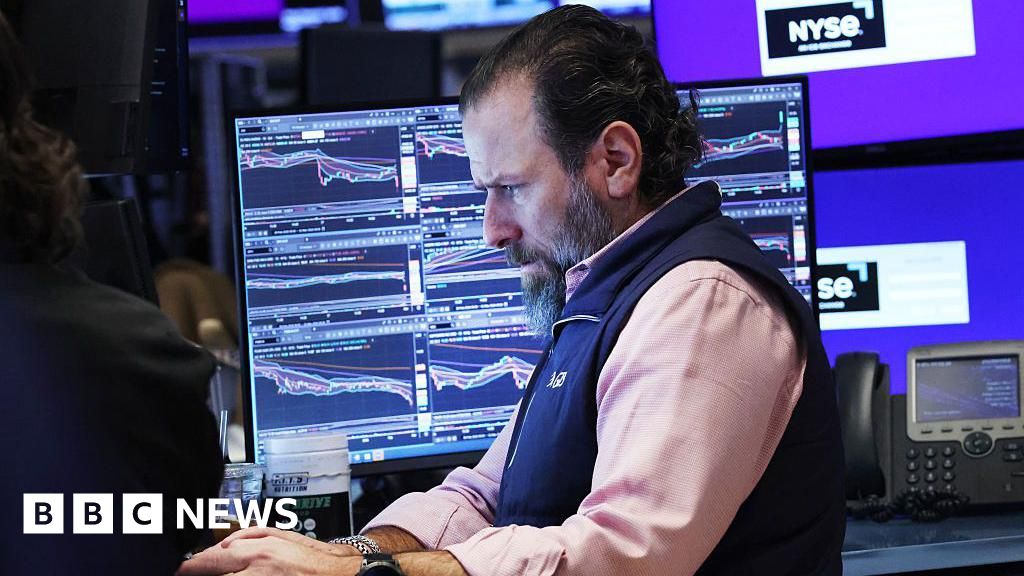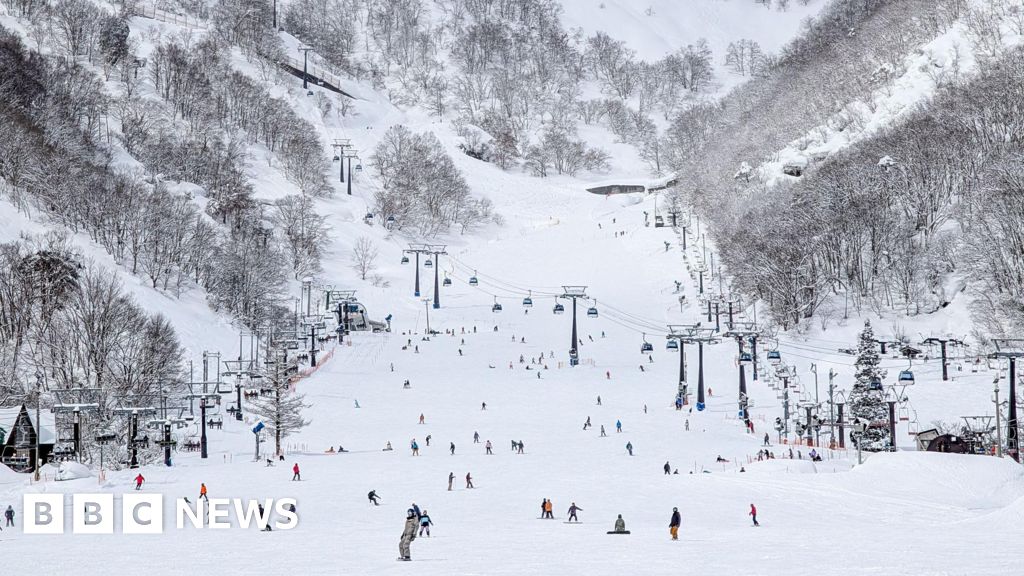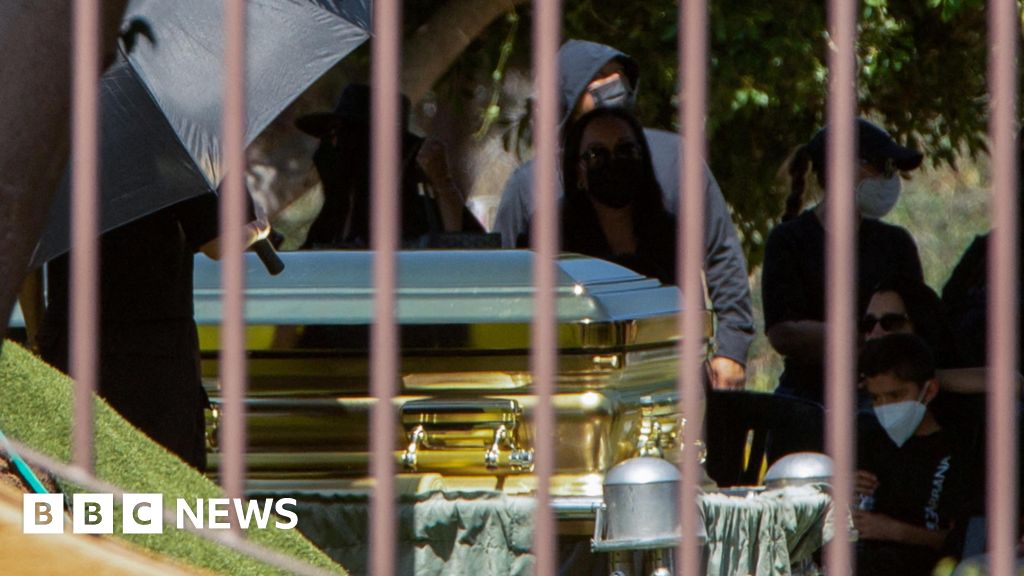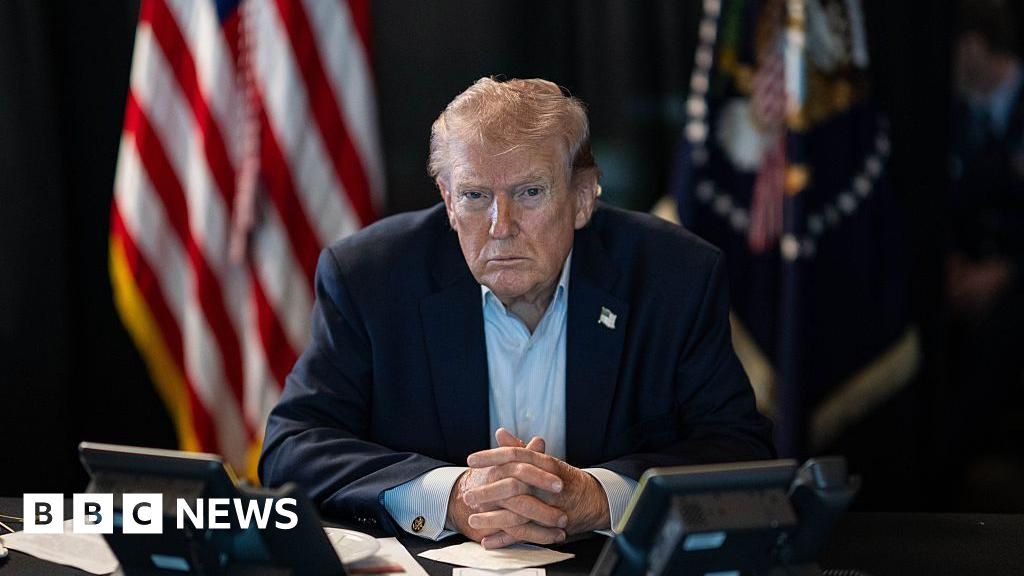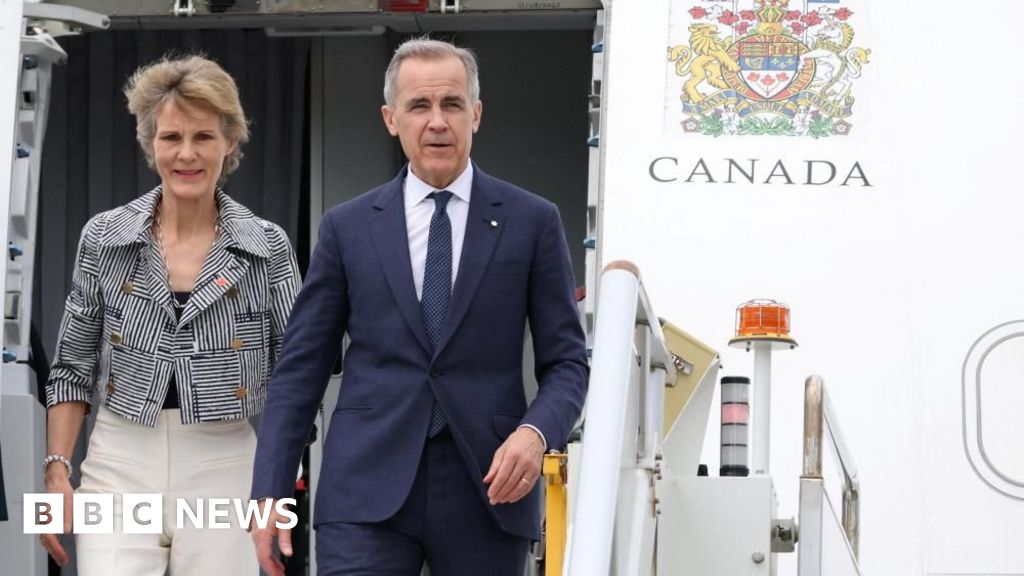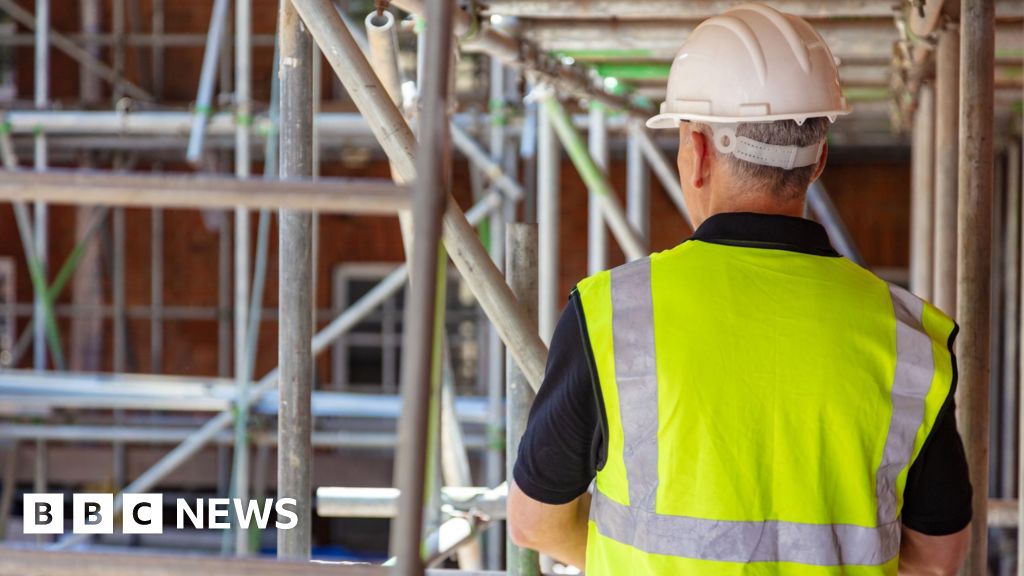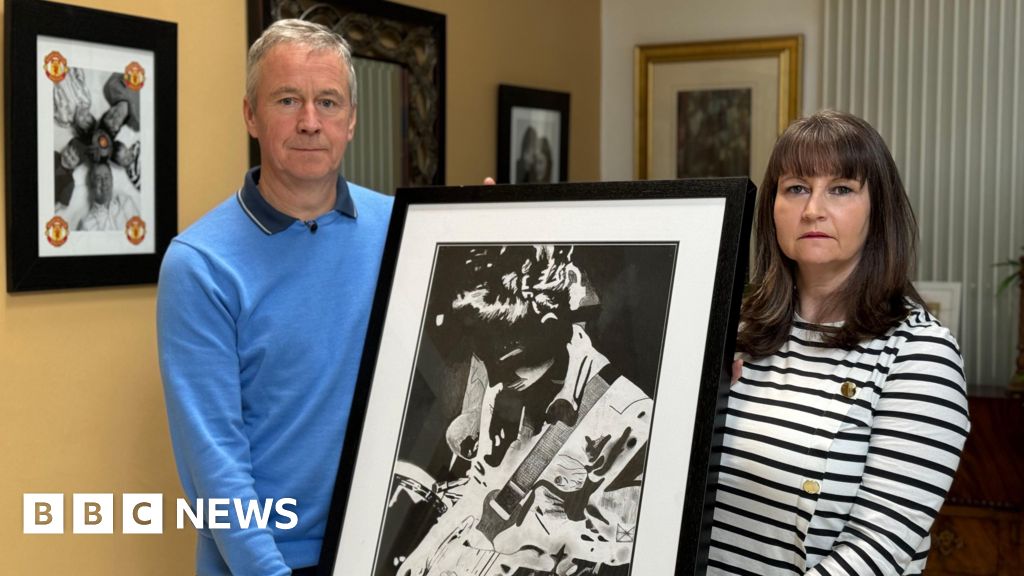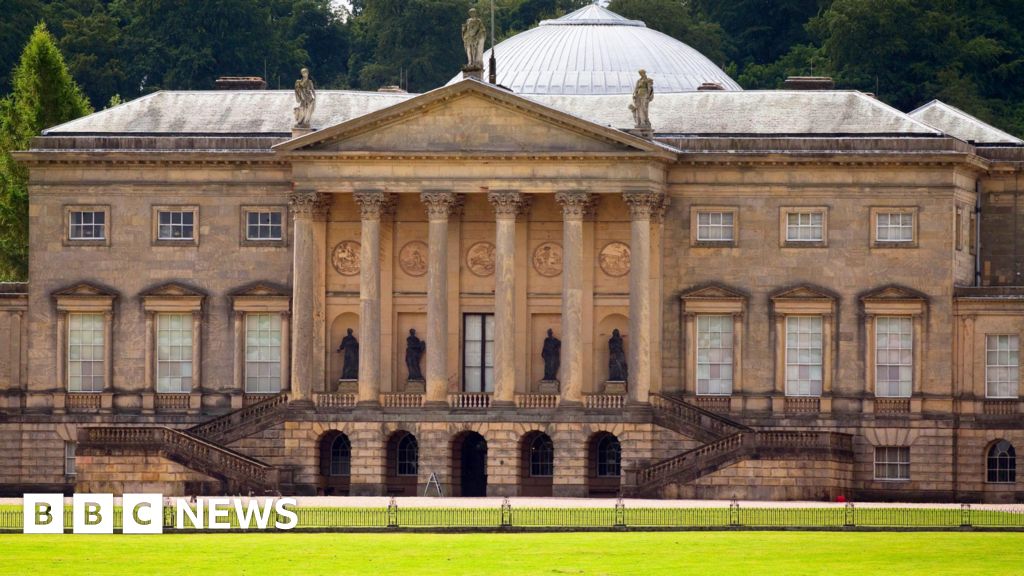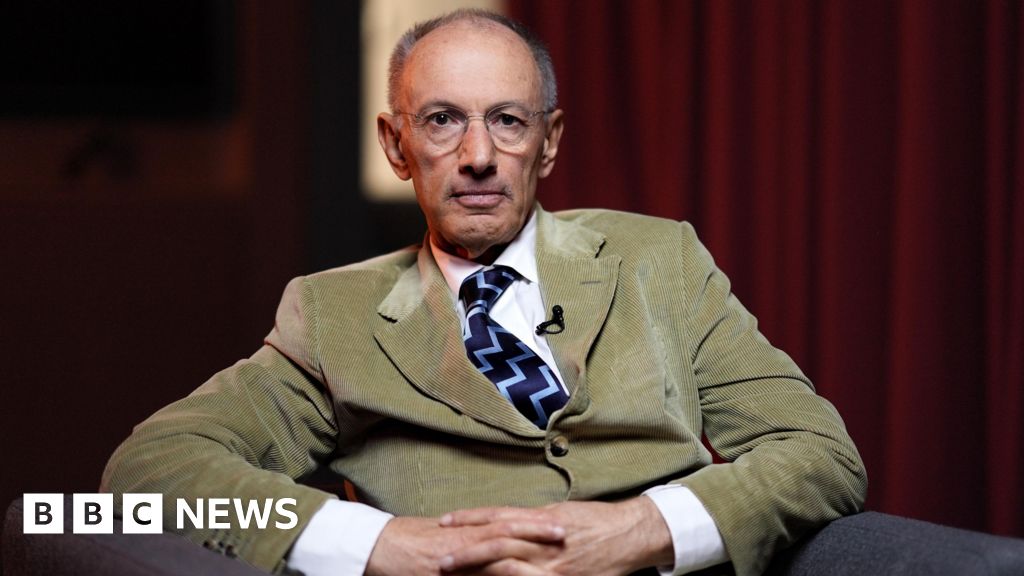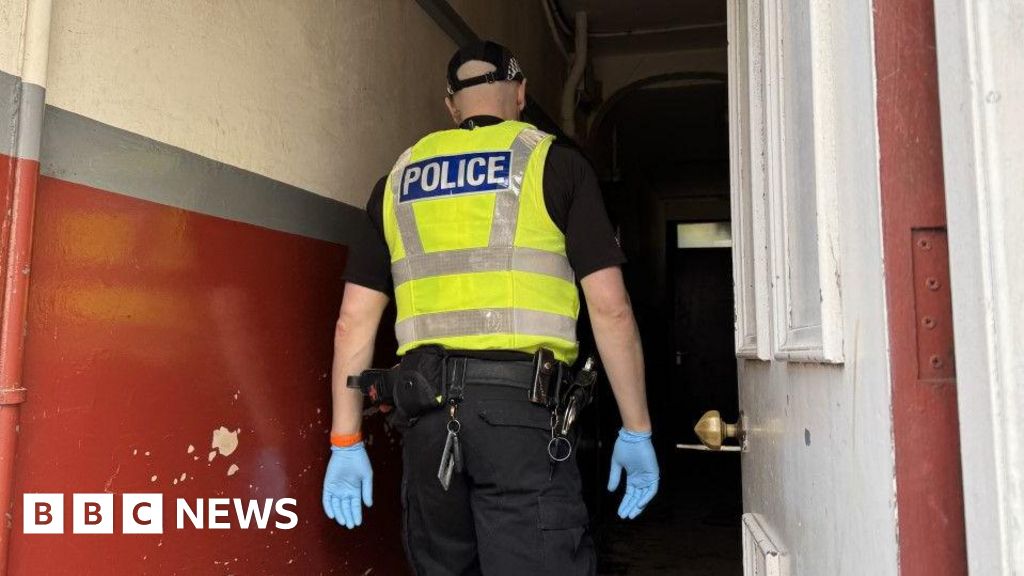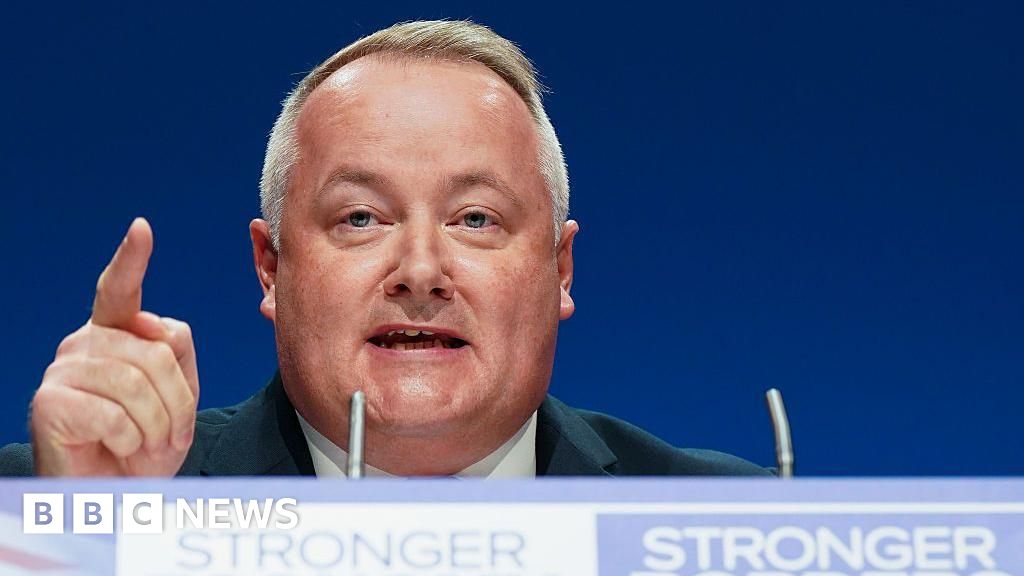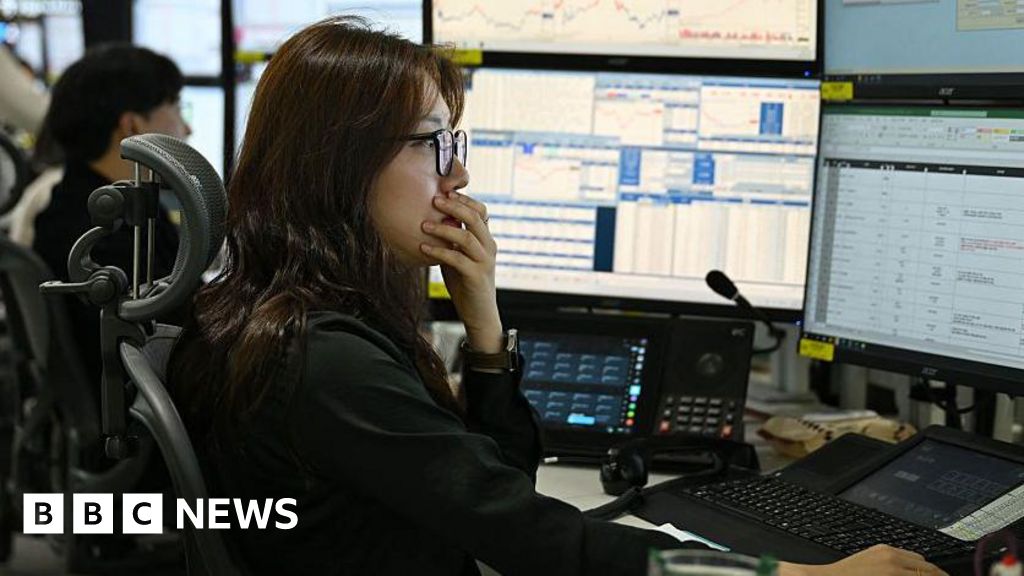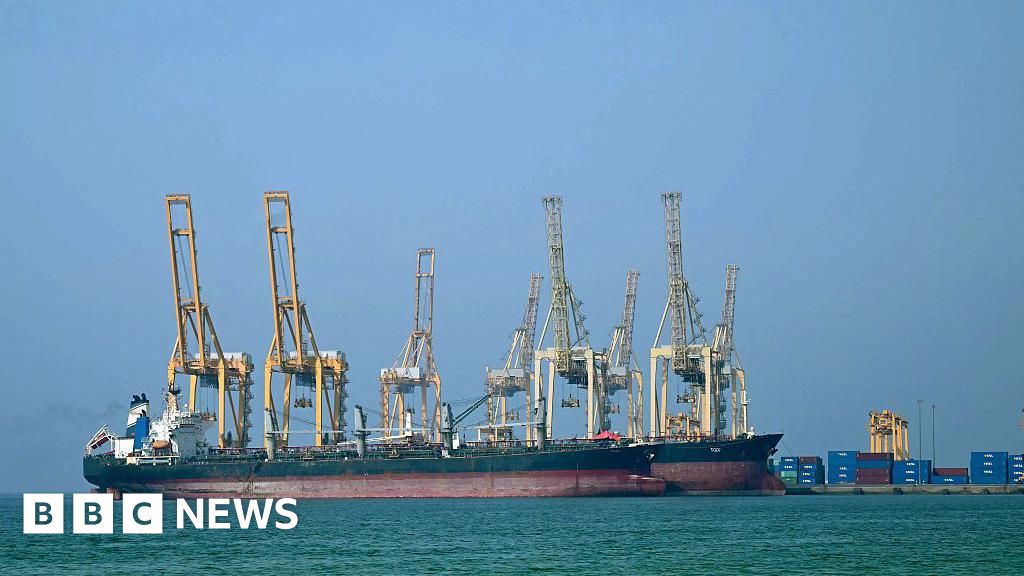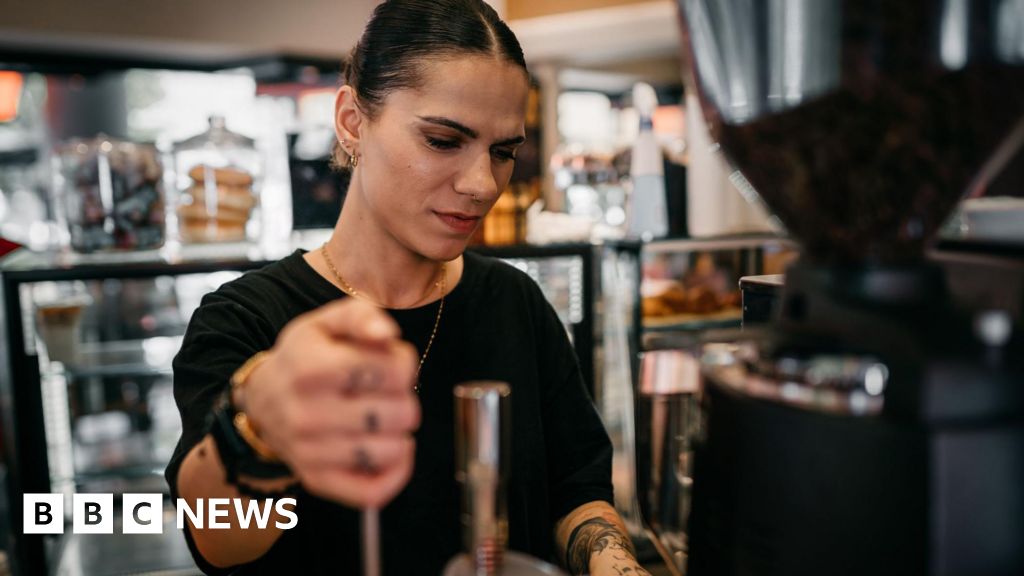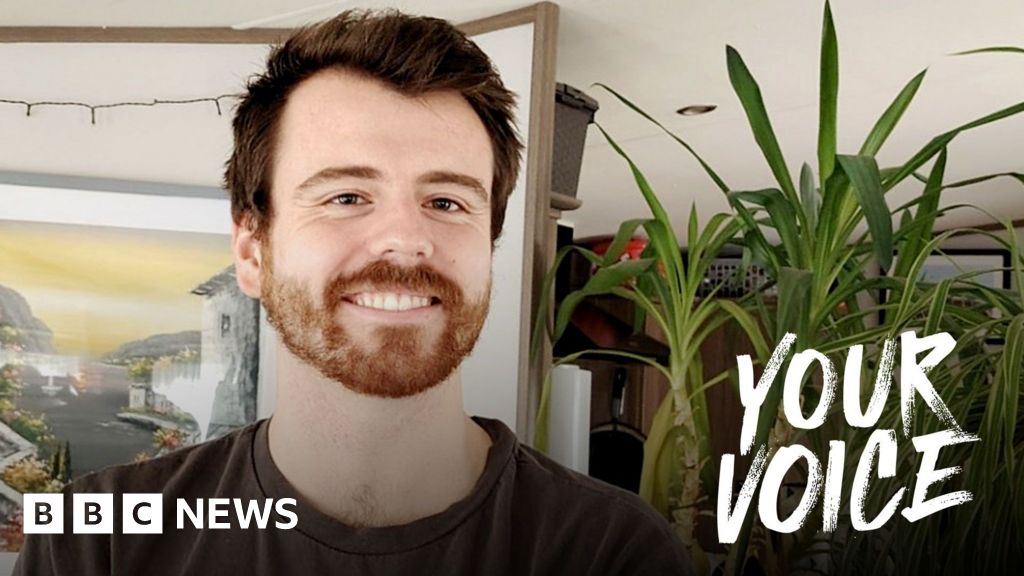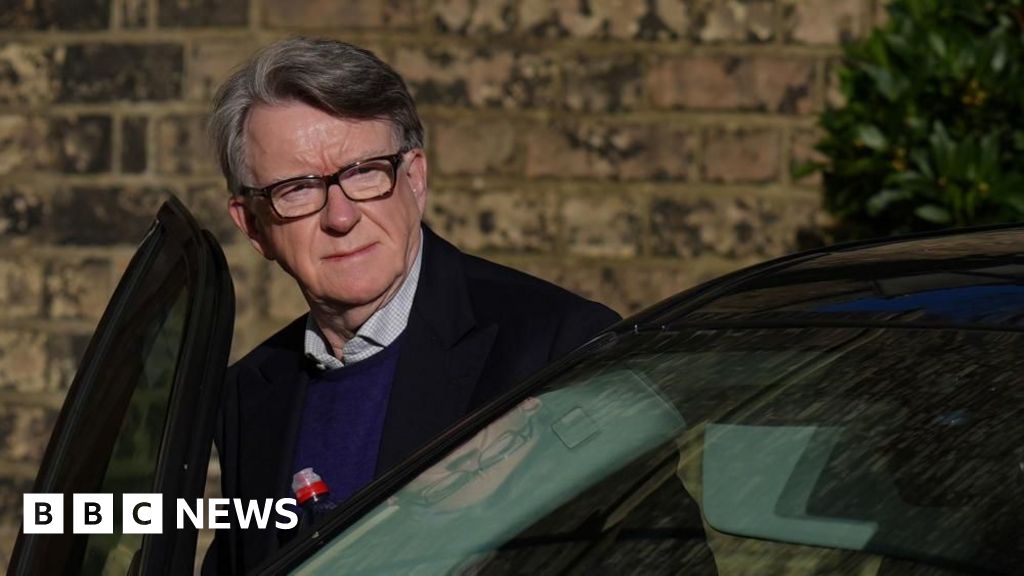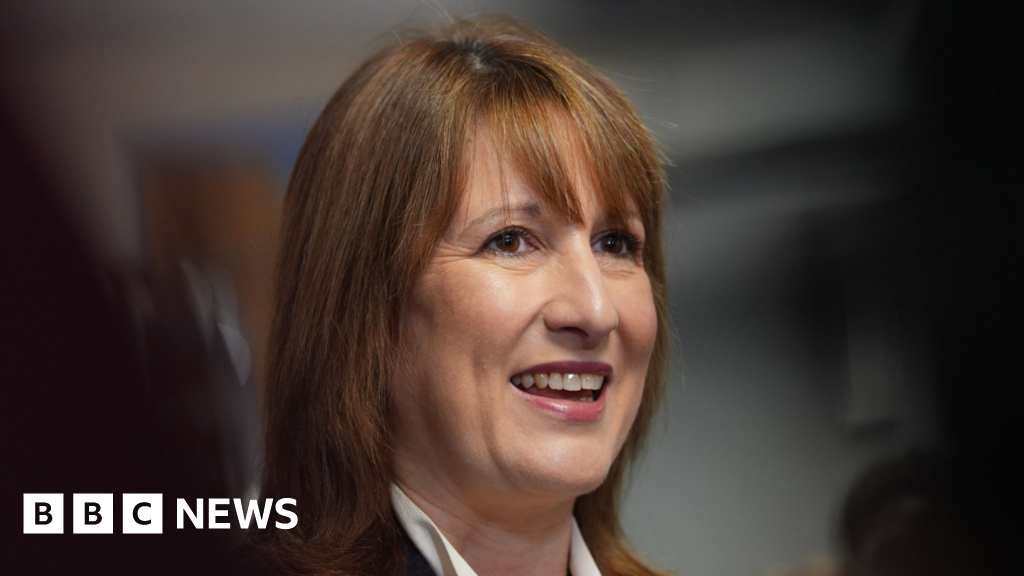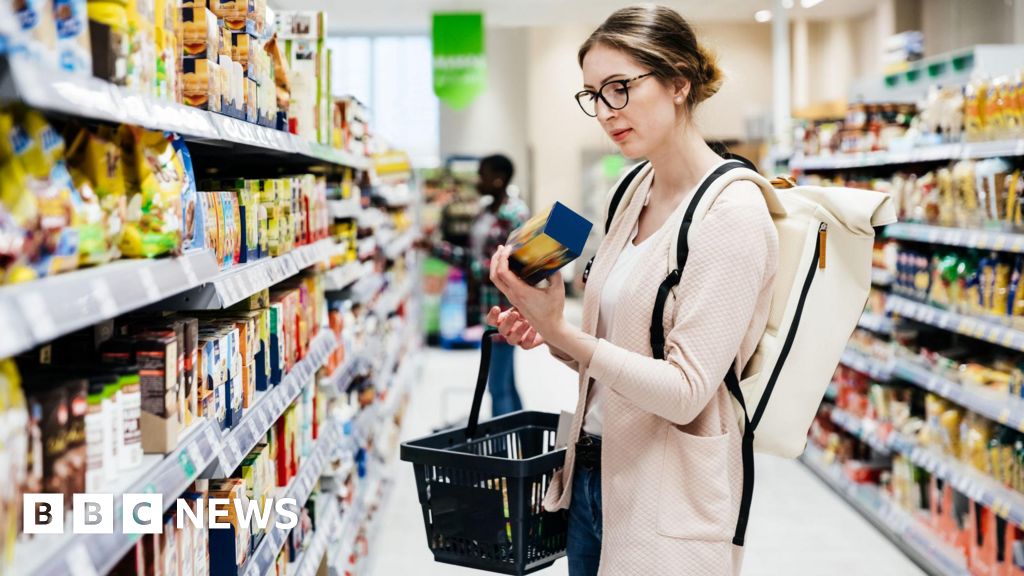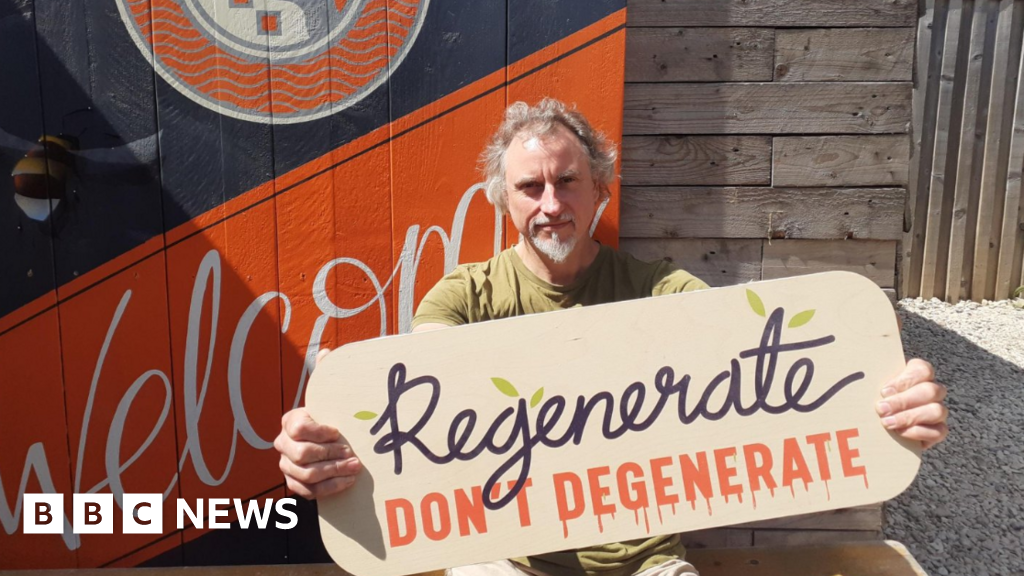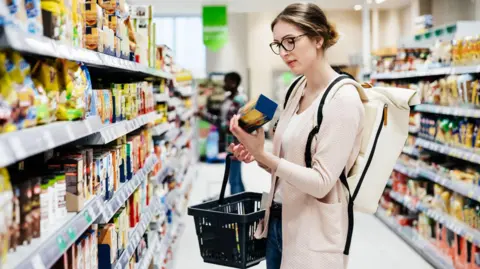 Getty Images
Getty ImagesThere is “little hope” of food prices “going anywhere but up” in the second half of 2025 due to changes announced in the Budget, a retail lobby group has warned.
The costs of higher wages and National Insurance tax changes coming in April will be passed on to consumers, the British Retail Consortium (BRC) said.
It forecast food price inflation would rise from 1.8% last month to 4.2% in the latter half of this year, and that price rises will continue for vegetable oil, orange juice, butter, and coffee. It added that overall shop prices, which have been falling, will start rising again.
But the Treasury said the independent Office for Budget Responsibility had forecast that food inflation will stay below to 2.2% this year.
Chancellor Rachel Reeves has previously said “the right thing to do was to ask businesses and the wealthiest in our country to pay a bit more”.
In her October Budget Reeves said the National Living Wage for over 21s would increase from £11.44 to £12.21 an hour from April and that employers’ National Insurance contributions would rise from 13.8% to 15%.
Retailers hit back, warning in November that higher wages and taxes would make job cuts “inevitable”, and lead to price rises and shop closures.
In a Christmas trading update on Thursday, Marks & Spencer (M&S) described the outlook for economic growth, inflation and interest rates as “uncertain”, adding that it “faces higher costs from well-documented increases in taxation”.
But M&S said it had enjoyed “another good Christmas” with like-for-like food sales rising by 8.9% while clothing, home and beauty sales grew by 1.9%.
Like-for-like sales strip out revenue from new shops opened during the period.
Overall sales for the 13 weeks to 28 December increased by 5.6%.
Other retailers also provided updates on trading updates over the festive period, including:
- Tesco reported a 4.1% rise in UK sales for the six weeks to 4 January, with food sales up 4.7%. It expects full-year operating profits to reach £2.9bn.
On Thursday, BRC chief executive Helen Dickinson said that modelling by the lobby group, combined with predictions from 52 chief financial officers, had led it to forecast much higher food price inflation in the latter half of the year.
“As retailers battle the £7bn of increased costs in 2025 from the Budget, including higher employer National Insurance, National Living Wage, and new packaging levies, there is little hope of prices going anywhere but up,” she said.
However, the Treasury said food inflation had “fallen from a peak of 19.6% under the previous government to just 1.9%”.
It said that the Labour government was “now focused on putting more money in people’s pockets by growing the economy”.
A spokesperson added that it was supporting retailers by reforming business rates.
The lobby group said food price inflation in December was running at 1.8%, which was its lowest rate since November 2021.
The BRC uses a different basket of goods to measure inflation compared to official figures from the Office for National Statistics, but they are broadly similar.
In the run-up to Christmas, prices went down in shops overall, but this was due to non-food goods deflation, BRC said.
The pace of price rises for fresh food such as fruit and vegetables went up 1.2%, while inflation for store cupboard goods was 2.8%.
Retailers have been warning about price rises due to the Budget measures.
This week Next announced that it will raise prices on some clothing from April to offset “an unusually high” £73m increase in staff wages and taxes.
Next said it expected prices to increase by 1% over a year, which is below the current rate of inflation. UK inflation hit 2.6% in the 12 months to November, the highest level for eight months.

How can I save money on my food shop?
Look at your cupboards so you know what you have already
Head to the reduced section first to see if it has anything you need
Buy things close to their best before date which will be cheaper and use your freezer
Read more tips here

